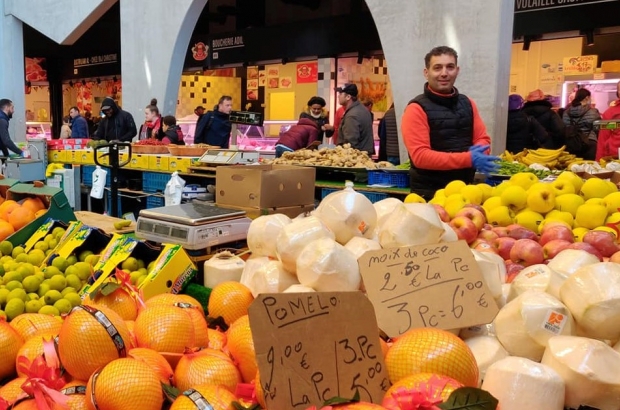- Daily & Weekly newsletters
- Buy & download The Bulletin
- Comment on our articles
Liège to ban sales of animals in markets
From 1 January 2024, it will no longer be possible to buy birds, rabbits or even guinea pigs from Liège street markets.
Previously, the ban only applied to dogs and cats, and rows of people selling chickens was a common sight.
Wallonia’s largest city has followed the example of other municipalities – with Flanders notably saying no to animal markets in July.
Liège has imposed this ban in the name of animal welfare.
Unsurprisingly, animal sellers oppose the move: “It’s a job that will now die,” said Jean-Paul Smet, a pet shop manager selling animals at Liège’s famous La Batte Sunday market. Certainly, if traders continue to sell live animals, they will have their licence removed,
But the City of Liège is pleased it has finally made this move. “An animal is not an object. It is not a piece of clothing that must be sold on a market,” said Liège alderwoman for animal welfare, Christine Defraigne.
"Animals are living beings with sensitivity. We want to give them a status and to avoid compulsive and impulsive purchases."
The city council also said that the required conditions to sell animals on market stalls and to transport them safely and humanely are not always met, despite checks carried out by Liège’s animal welfare unit.
For Liège veterinarian Dr Claire Devillers, the bill is simply a matter of common sense: "Animals such as rabbits, rodents and birds are prey in nature and so are very sensitive to stress.
"A noisy market, with bright lights and many people passing by, is not a suitable environment and will cause them a lot of stress. This may have a direct impact on their health.”
The ban also makes sense in the light of attempts to ensure that pandemics such as Covid-19 do not happen again.
In April 2021, the World Health Organisation (WHO) said that live animals should not be sold in food markets, not only to protect the health of market workers and shoppers, but also to prevent the emergence of new diseases.
After all, one theory is that Covid-19 originated from an infected chicken at a food market near Wuhan, China.
















